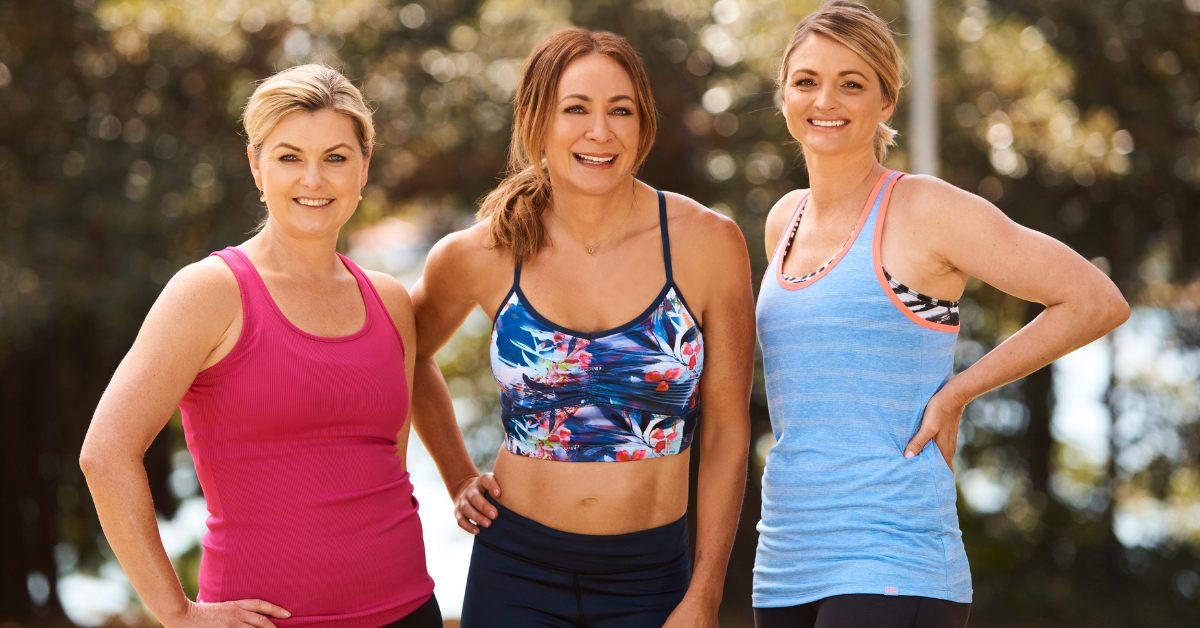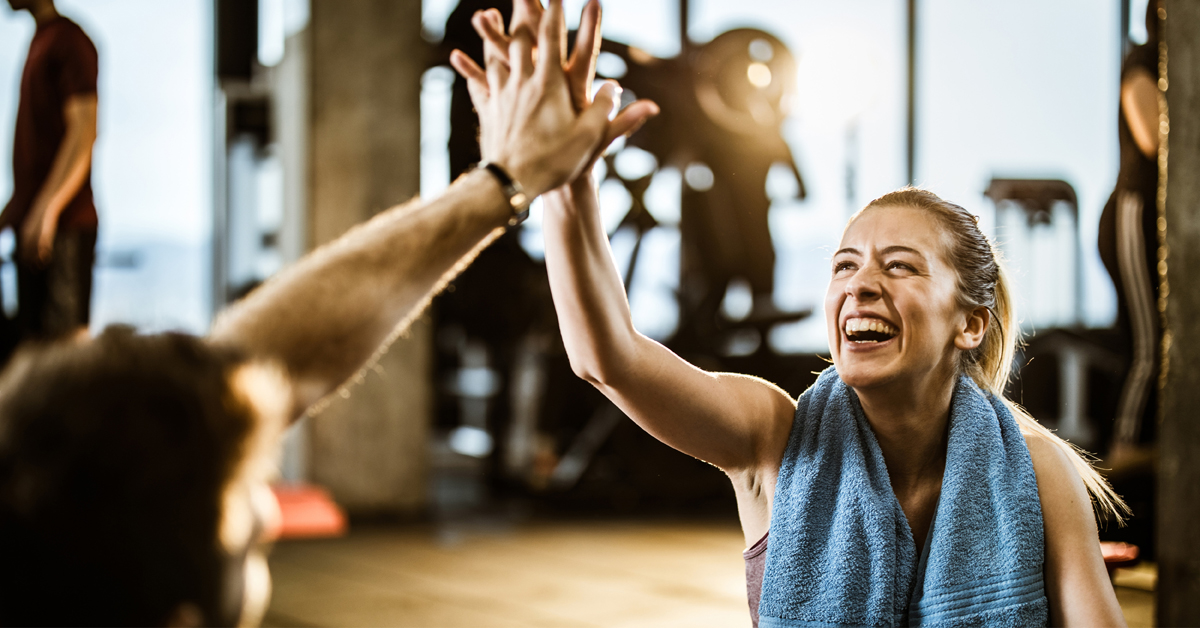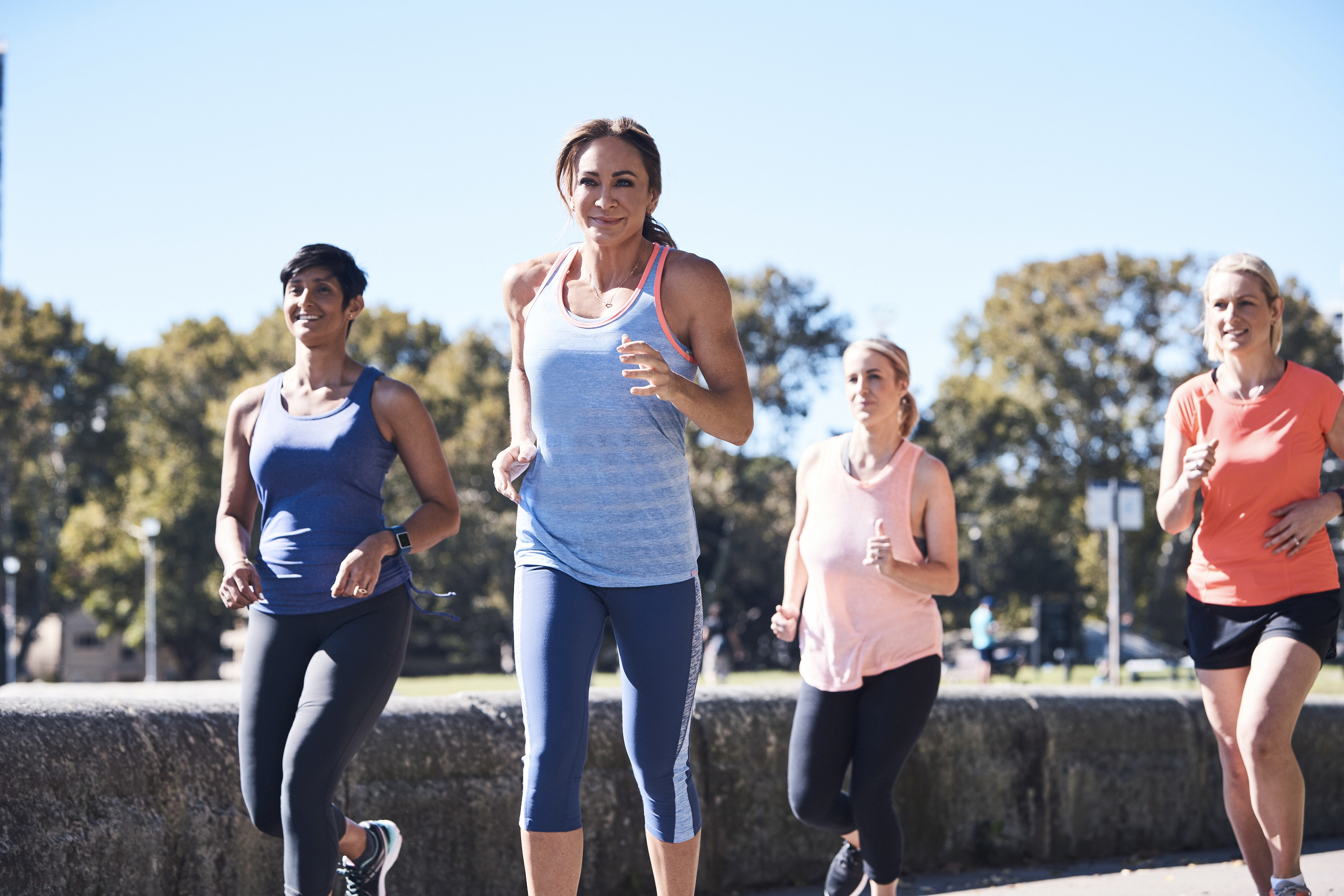They say there are two types of people in the world: list makers and those who are happier to wing it. Whether you’ve got a life plan, or prefer to leave it up to fate, if having children is something you’d like in your future, there are a few things you can do now to give yourself the best chance of conceiving.
Genea Fertility Specialist, Dr Devora Lieberman, has helped thousands of couples achieve their dream of a healthy baby. Here she shares her five top tips for maximising your natural fertility.
1. See Your Doctor Now. Knowledge is power and a few relatively straightforward tests with your doctor (GP or Gynaecologist) can identify some of the more obvious health issues which might affect your fertility in the future. If you get the all clear then all good, but if something is discovered, then early treatment could mean the difference between natural and assisted conception.
2. Safe Sex. Sexually transmitted infections (STIs) can damage your fertility. According to recent research, the prevalence of STIs is on the rise in the community. In the past five years, cases of gonorrhoea have increased 80 percent and chlamydia infections have also spiked. These infections are largely asymptomatic – meaning you could have one and not know it – but they can be very damaging to your chances of having kids. Chlamydia and Gonorrhoea can infect the cervix and may spread to the uterus and fallopian tubes, causing pelvic inflammatory disease (PID), chronic pelvic pain, pregnancy in the fallopian tubes and potentially infertility. So get tested and be safe.
3. Stop Smoking Now. If you’re not convinced to quit for your own health then do it for the health of your future kids. Smoking is toxic to human eggs and makes them deteriorate quicker than they would normally. Smoking has long-lasting negative effects even after a woman stops, with studies showing a link between smoking, infertility, miscarriage, premature birth and smaller babies. Exposure to second-hand smoke is also damaging, so get your partner and friends to stop as well.
4. Stay in Shape. Being overweight or underweight can impact your fertility. It can stop or interrupt your cycle and long-term weight extremes can cause long-lasting damage to many facets of your health. So come up with a sustainable and sensible nutrition and exercise plan that works for you and get in shape.
5. Shots. No, not shooters. In this instance, we’re talking about your immunisations. Make sure they are up to date including measles, mumps and rubella, hepatitis B and HPV. These diseases can damage your fertility and can lead to birth defects if you contract them while you’re pregnant.
Dr Lieberman’s key tip: “Don’t leave it too late!”
“What we’d really like women to understand is that, as sad and frustrating as it is, our fertility is finite. We are born with all of the eggs we will ever have and those eggs age with us, they decline and both quantity and quality as we get older. By your mid to late 30s your fertility is dropping and your chance of getting pregnant naturally is falling,” Dr Lieberman said.
If you would like to investigate your fertility beyond what a regular GP might offer, get in touch with Genea, their Fertility GP or one of their expert Fertility Specialists who can provide you with advice so you know where you stand.















My husband and i been trying for 8 years. We are not getting any younger. We had all testing done. They can’t find anything wrong with us. What should i do now!!
Hi Lorena – That must be truly heartbreaking for you both, we are sorry to hear of your fertility issues. The specialists in the area of fertility are the best ones to advise you of where to from here, as they are the specialists. As for what advice we can offer – it is the same as we give to all people: Eat nourishing foods in as close to natural a state as possible (so water not fizzy drinks, broccoli over Big Macs), exercise often, get sufficient sleep and treat yourself with loving kindness and compassion. We hope you have a successful pregnancy in the very near future.
All the best,
Leila
12WBT Support Crew
i have been tryjng for a baby for two years now…regular period no fertility problems..please help
Hi Betty – I would definitely suggest getting into contact with your doctor. They will be the best point of call for advice.
All the best,
Leila
12WBT Support Crew
My partner and I have been trying for 2 years now to fall pregnant. In November of last year I had stage 2 cervical cancer removed and my surgeon diagnosed me with pcos and endo . Although I have never once missed a period and I am of slim build, no bad skin and no excessive hair as related to pcos sufferers.i also have a six and a four year old conceived natural. I have tried 2 coursed of 25mg serophene with no luck. Any info would be much appreciated
Hi Nicole – I’m sorry to hear about your cervical cancer and pcos and endometriosis diagnoses. It sounds like you’ve been having a very challenging time indeed.
As the 12WBT Program is an online group-based nutrition, exercise and mindset program, we aren’t in a position to provide advice regarding medical issues and/or pregnancy attempts. This is something you’d really need to discuss with your treating health care providers and/or specialists. What we would recommend is being as fit and healthy as possible, as this is something that is within your control.
I do hope that you’re able to seek some advice and support from a health care provider or specialist and wish you all the very best with your pregnancy attempts.
Leila
12WBT Support Crew